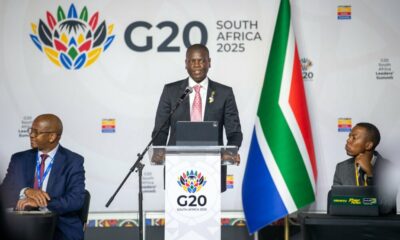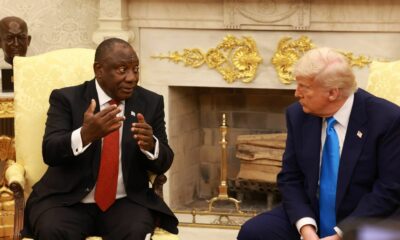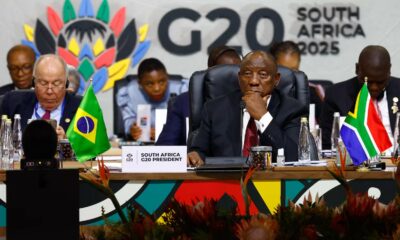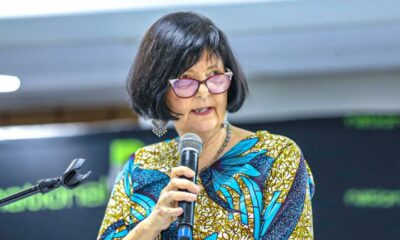News
Solidarity vs the State: Race Law Battle Reaches the UN
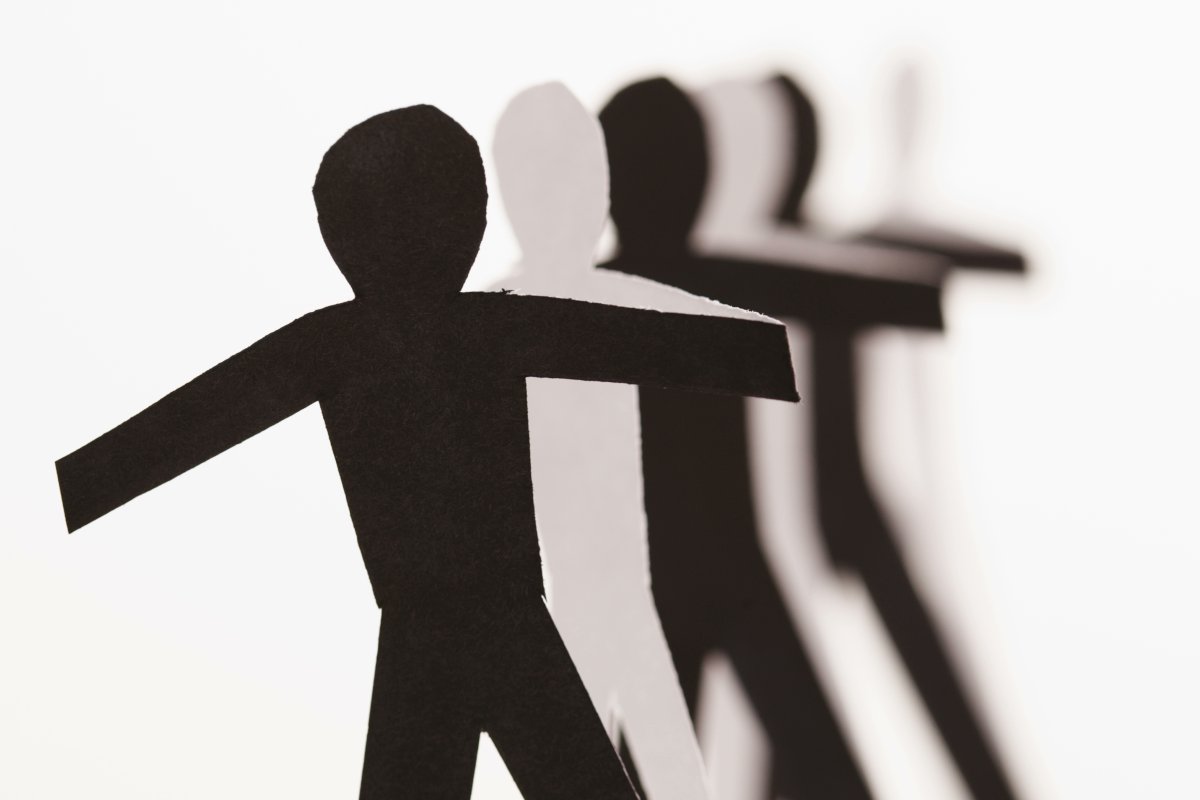
As G20 Approaches, South Africa Faces Global Scrutiny Over Affirmative Action Dispute
Just months before the G20 Summit shines a spotlight on South Africa, a storm is brewing between the government and Solidarity, one of the country’s most vocal labour unions. The issue? Alleged backtracking on a landmark agreement meant to bring nuance and balance to the country’s contested employment equity laws.
Solidarity has now escalated the matter to the United Nations’ International Labour Organisation (ILO), accusing the Department of Labour of violating a 2023 settlement it had reached with the union—one that was not only internationally supervised but also legally binding through a court order.
A Settlement Shattered
Back in June 2023, Solidarity and the South African government signed a race law agreement brokered under the ILO’s watchful eye. The idea was to reframe how affirmative action is implemented in the country—ensuring that race wouldn’t be the sole determining factor in hiring or workplace transformation. The agreement stipulated that other considerations, such as skills and local demographics, should weigh in. Crucially, it also prohibited retrenchments tied to affirmative action targets.
But this April, the Labour Minister, Nomakhosazana Meth, published new employment equity regulations and sectoral targets in the Government Gazette. Solidarity claims these regulations ignore the nuances agreed upon and violate the court-endorsed settlement.
“The government talks a big game on human rights,” said Solidarity deputy CEO Anton van der Bijl. “Yet here it is, undermining international agreements and continuing to push race-based quotas with little regard for what was promised.”
Legal Firepower and Global Pressure
This isn’t just political posturing. Solidarity is pulling no punches. It has already filed a contempt of court motion against Minister Meth and now calls on the ILO to intervene directly. To back its legal assault, the union has launched a R7 million legal fund to challenge what it calls the “racial madness” of current employment laws.
Van der Bijl didn’t mince words: “We’re being pushed to fight for the soul of South Africa’s workforce. These are not just regulations; they are decisions that affect people’s livelihoods, dignity, and future.”
A Nation Divided on Equity
The issue taps deep into South Africa’s post-apartheid pain points. Employment equity is often viewed through sharply divided lenses: a necessary correction of historical injustices by some, and a new form of exclusion by others.
Public response on social media has been predictably polarized.
“Affirmative action should help, not hurt. If the government’s equity laws lead to job losses, then they’re doing it wrong,” tweeted one user.
“Solidarity just wants to protect privilege. They’re using international law as a shield against real change,” said another.
Context: Race, Rights and Reform
Employment equity has long been a tool of transformation in South Africa, introduced to dismantle apartheid-era economic imbalances. But critics like Solidarity argue that the law’s implementation has at times become overly rigid, reducing people to racial categories rather than evaluating them as full individuals.
This conflict isn’t the first of its kind. In 2021, there was similar legal backlash when proposed changes to the Employment Equity Act sought to empower the minister to set racial quotas by sector.
But the 2023 agreement was meant to put those debates to rest—until now.
Why This Matters Globally
The timing couldn’t be more sensitive. South Africa is set to host the G20 Summit this November, bringing global leaders and media to its doorstep. Solidarity’s move to involve a UN agency raises the stakes beyond local politics and into the realm of international labour law.
Van der Bijl hints that the union’s strategy is not just legal—it’s diplomatic. “The world is watching,” he said. “If our government won’t keep its word, we will make sure the international community knows.”
What Comes Next?
The ILO has yet to respond publicly, but its involvement could push the South African government into a corner. A formal intervention from the UN agency would likely trigger deeper scrutiny of the country’s labour practices and broader political commitments.
As the legal wrangling unfolds, workers remain caught in the middle—some worried about job security, others frustrated by stalled transformation.
In the end, this isn’t just a battle over paperwork—it’s a clash over how South Africa defines fairness in its post-apartheid economy. And with the G20 Summit on the horizon, the stakes have never been higher.
{Source: Polity}
Follow Joburg ETC on Facebook, Twitter , TikTok and Instagram
For more News in Johannesburg, visit joburgetc.com



